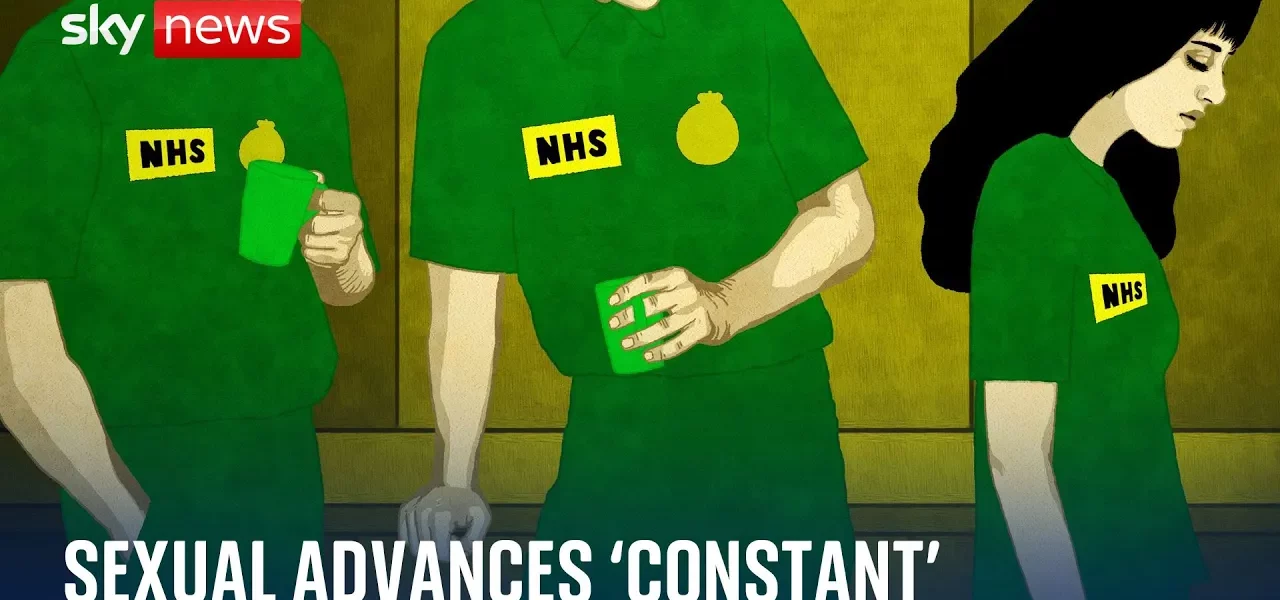Sexual Harassment in the NHS Ambulance Service: A Troubling Reality

This article delves into the disturbing experiences of female NHS paramedics who have reported being pressured for sexual favors by their colleagues and superiors. As the ambulance service grapples with significant cultural issues, we examine the implications for women’s safety and the urgent need for systemic change.
Introduction
The accounts shared by several current and former female NHS paramedics regarding sexual harassment within the ambulance service shine a light on a pervasive issue that raises serious concerns about workplace safety and equality. These testimonies reveal a troubling culture where women have allegedly been coerced into providing sexual favors in exchange for promotions or job security. This article explores these allegations in depth, highlighting the voices of those affected and the systemic problems that allow such behavior to persist.
The Harrowing Experiences of Female Paramedics
Numerous female paramedics have come forth to share their experiences of harassment, bringing attention to a culture that often trivializes such behavior. Here are some key points drawn from their testimonies:
- Pressured for Sexual Favors: Many women reported being coerced into sexual acts under the threat of job loss or negative professional repercussions.
- Power Imbalances: The significant power dynamics between male colleagues and female paramedics create an environment where women feel they cannot safely report misconduct.
- Normalizing Harassment: Such behavior is often dismissed as “banter,” leading to a culture where harassment becomes commonplace and unchallenged.
Voices from the Inside
Testimonies from current and former female paramedics illustrate the severity of the issue:
Case Study: Former Paramedic Katie
Katie recounts her experiences, stating, “If you make a mistake in protocol, you may be told, ‘I’ll report you if you don’t have sex with me.’” This chilling account underscores the extent of the coercion faced by female workers.
Vulnerable Students
Another former paramedic highlighted the vulnerability of students within the system, explaining that they were often approached by male colleagues seeking sexual favors to pass them on their training. “There were lots of men who would want sexual favors to pass you or sign you off,” she said, emphasizing the predatory nature of some relationships.
Cultural Concerns and Systemic Issues
These troubling accounts reveal deeper cultural issues within the NHS ambulance service:
Power Dynamics
The significant disparities in power between male and female colleagues contribute to a culture of fear and silence. Many women feel unable to report harassment due to fear of retribution or professional damage.
A Culture of Silence
Many women have expressed doubt about the effectiveness of current reporting mechanisms. As one whistleblower stated, “I’m not confident that all women are safe working in the ambulance service at the moment.” This sentiment reflects a broader issue regarding the safety of women in the workplace.
A Call for Change
In light of these alarming revelations, calls for reform within the NHS ambulance service are growing stronger:
Institutional Responses
A senior NHS spokesman described the allegations as “appalling and completely unacceptable,” and emphasized the need for better reporting mechanisms, training, and support systems for staff.
The Need for Action
Continued inaction could result in a further loss of trust among female employees. Sarah, another paramedic, plans to quit her job due to a lack of faith in a culture that has become too entrenched in harassment.
Conclusion
The testimonies of female NHS paramedics reveal a distressing landscape of sexual harassment that must be addressed urgently. As highlighted in the experiences shared, the need for systemic change is critical to ensure a safe working environment for women in the ambulance service. It is imperative that the NHS takes decisive action against harassment and implements reforms that foster a culture of safety and respect. For those affected, speaking up is vital, and it is essential that support systems are strengthened to protect and empower women in the workforce. If you or someone you know is experiencing harassment, reach out to relevant support services and advocate for change.
“`




